Coronary Artery Disease Treatment
If you have coronary artery disease, you have many options for treating this common condition. Our team has decades of experience diagnosing and treating even the most complex cases. You receive the compassionate, expert care you deserve.
BJC HealthCare works with Washington University physicians, BJC Medical Group, and providers across the region to deliver extraordinary care. People from all over the Midwest come to us because we can treat even the most complex coronary artery disease (CAD) cases. Our cardiologists, heart surgeons and other heart specialists work together to ensure you receive seamless, coordinated care, with a personalized approach.
When you choose our care team you’ll find:
Treatment for complex conditions: We’re qualified to treat CAD even when it’s complicated by age, obesity, heart failure or other conditions. We also can treat challenging forms of CAD, such as coronary artery chronic total occlusion. So if you’ve been told you’re out of treatment options, we can help.
Focus on heart disease prevention: We put a strong emphasis on preventive cardiology to reduce your risk of heart disease and heart attack. Our experts provide guidance, screenings and the attentive care you need for better heart health.
Convenient, accessible care: With cardiologists throughout the region, it’s easy to find heart care close to home.
This free, 5-minute survey determines your risk for heart disease.
Coronary artery disease (CAD) develops when the heart arteries can no longer deliver enough oxygen-rich blood to your heart muscle. It’s the most common type of heart disease and the leading cause of death in the U.S.
Your heart pumps blood to provide your body with oxygen and other nutrients. The heart also needs blood and oxygen, supplied through coronary (heart) arteries, to keep your heart muscle working properly.
When cholesterol and other fatty substances build up inside coronary arteries, your arteries become narrow and stiff. The buildup (plaque) can happen in any artery, and the condition is called atherosclerosis. CAD is atherosclerosis in one or more coronary arteries.
CAD can lead to other heart conditions, including heart failure, arrhythmia and heart attack.
Coronary artery disease treatment focuses on relieving symptoms, preventing CAD from worsening and reducing heart attack risk and other complications. As your care team develops your treatment plan, we work closely with you to understand your needs and preferences.
We consider your symptoms, risk factors and other conditions affecting your health when recommending treatment options. Depending on your specific situation, you may need one or more treatments, including:
We may recommend a procedure to improve blood flow to your heart if CAD symptoms don’t improve with non-surgical treatments. Our heart surgeons and interventional cardiologists have expertise in several advanced procedures for coronary artery disease.
In many cases, we can open a blocked artery using a minimally invasive approach called percutaneous coronary intervention (PCI). Another name for PCI is coronary angioplasty and stenting. These procedures allow for a shorter recovery time and lower risk of complications.
We partner with interventional specialists to develop most advanced angioplasty and stent implantation techniques used globally. Washington University physicians at Barnes-Jewish Hospital have developed new strategies for the most complex cases, including people who have had previous bypass surgery or who cannot undergo surgery.
Multiple blockages or those in hard-to-reach areas may need more advanced treatment, such as coronary artery bypass surgery.
Our expertise in coronary artery surgery includes:
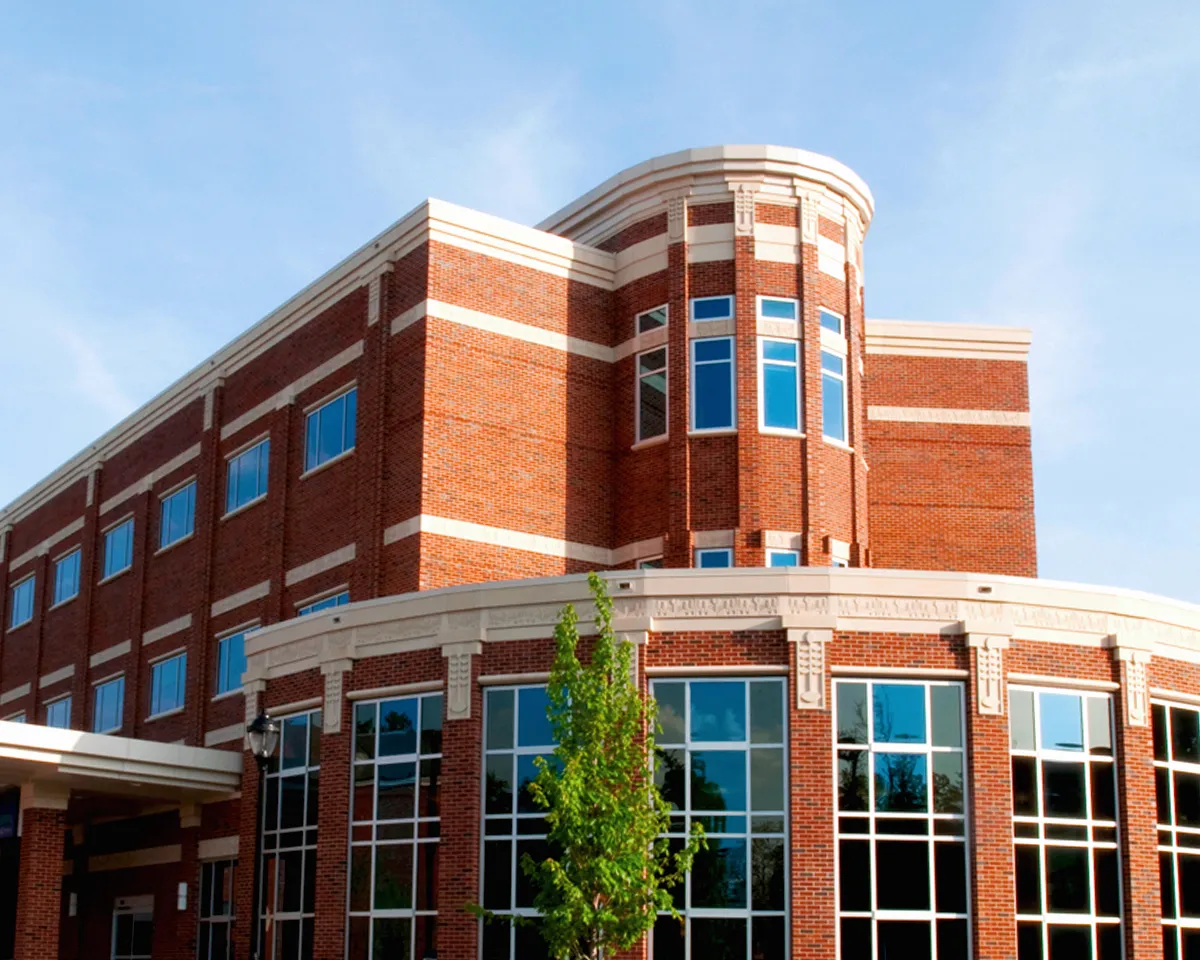 Alton Memorial Hospital
Alton Memorial Hospital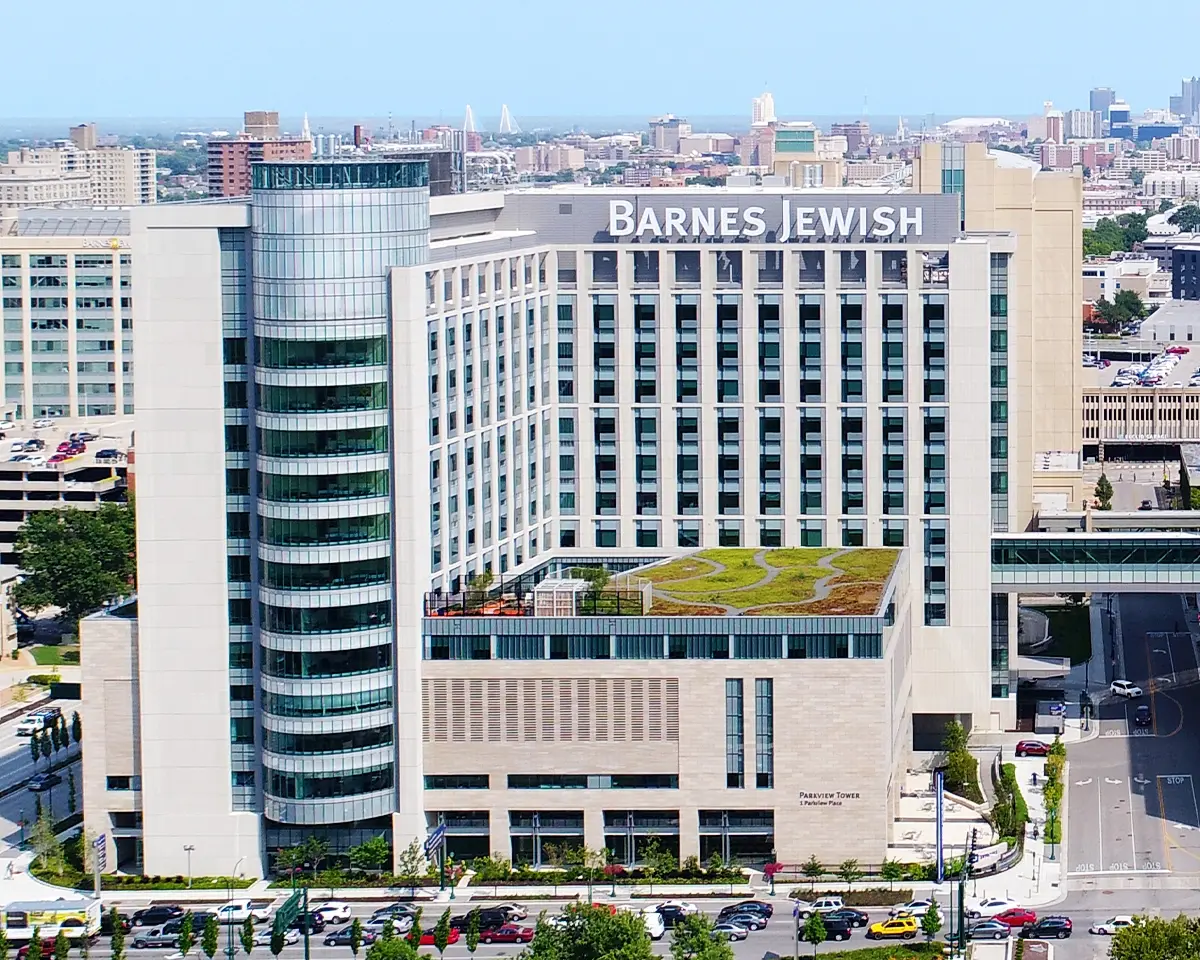 Barnes-Jewish Hospital
Barnes-Jewish Hospital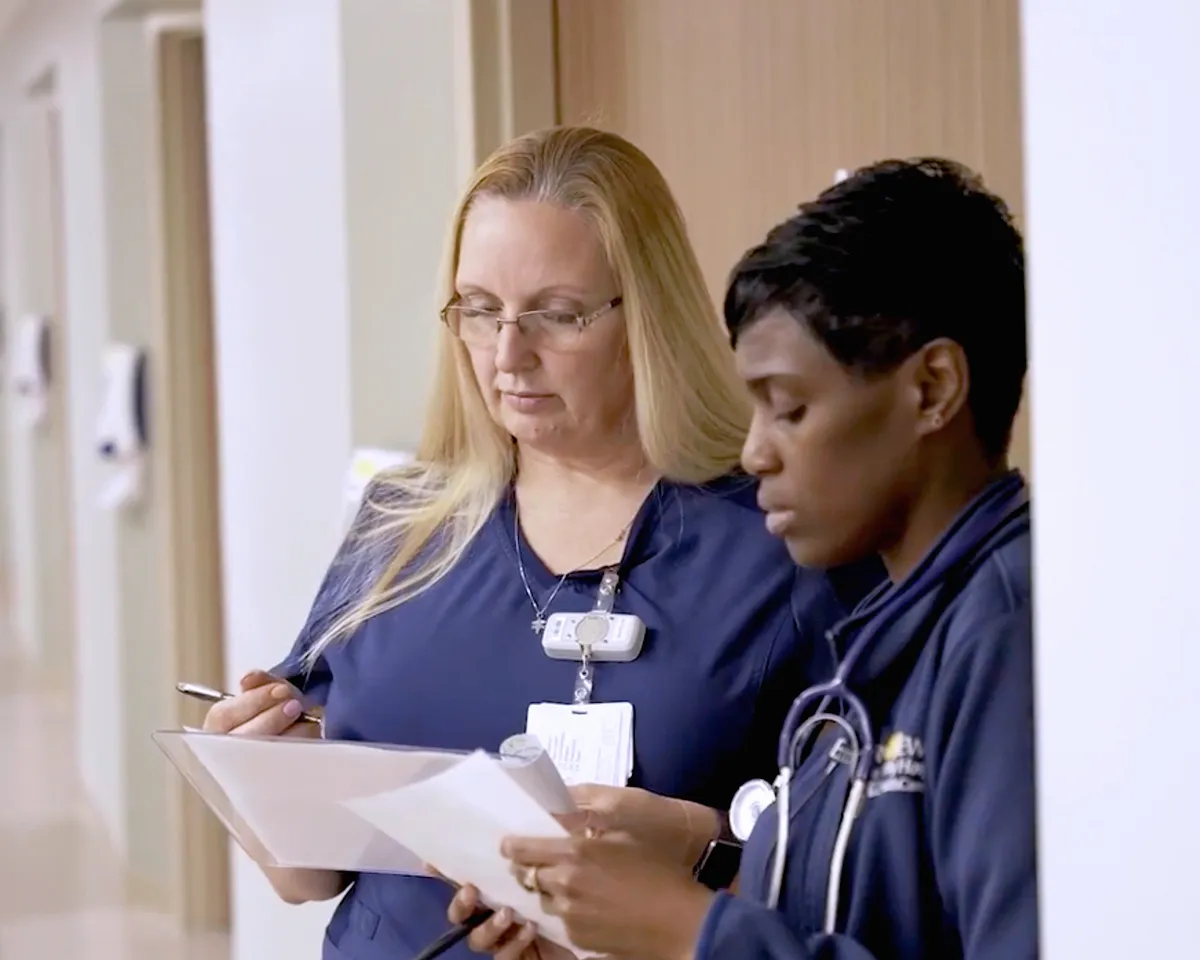 Barnes-Jewish St. Peters Hospital
Barnes-Jewish St. Peters Hospital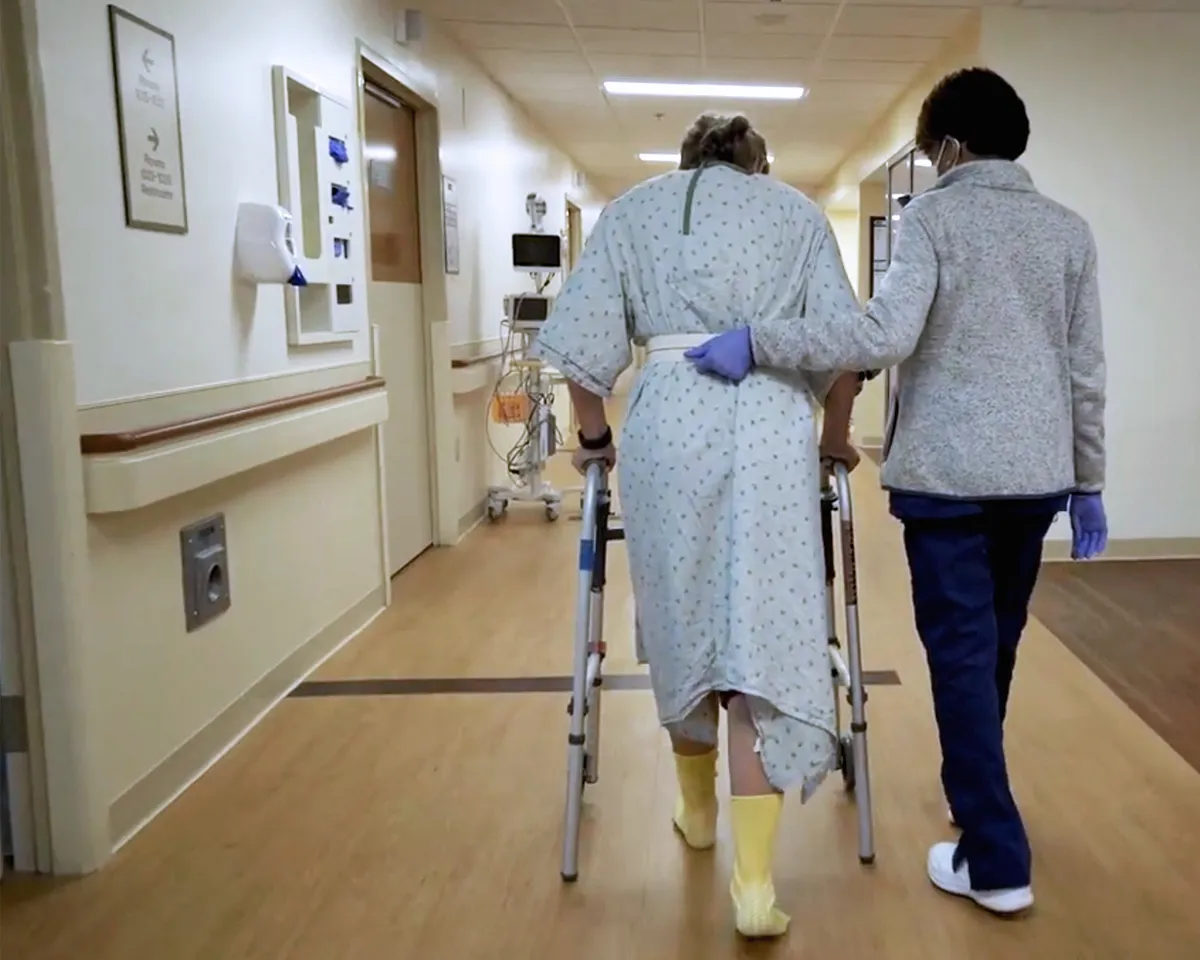 Christian Hospital
Christian Hospital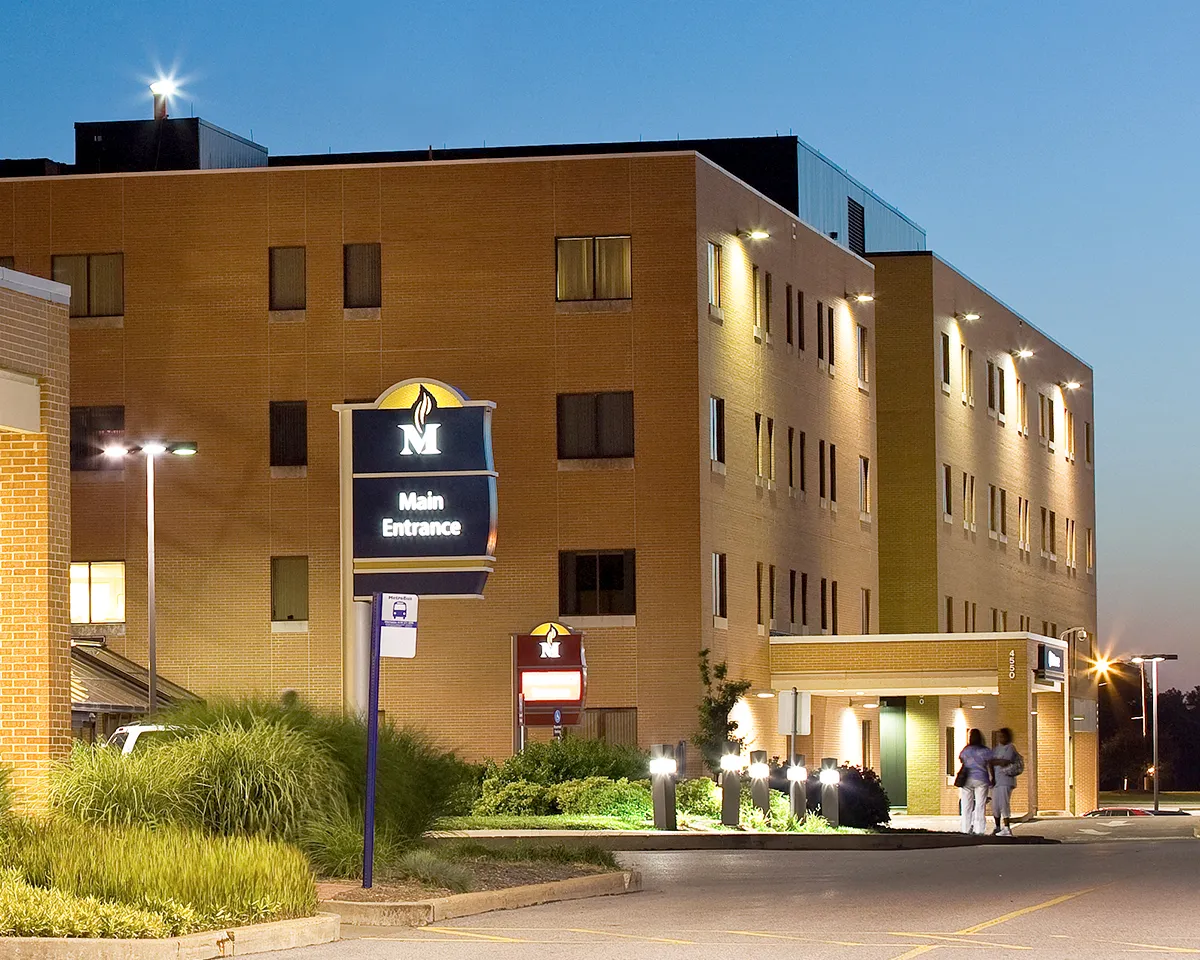 Memorial Hospital Belleville
Memorial Hospital Belleville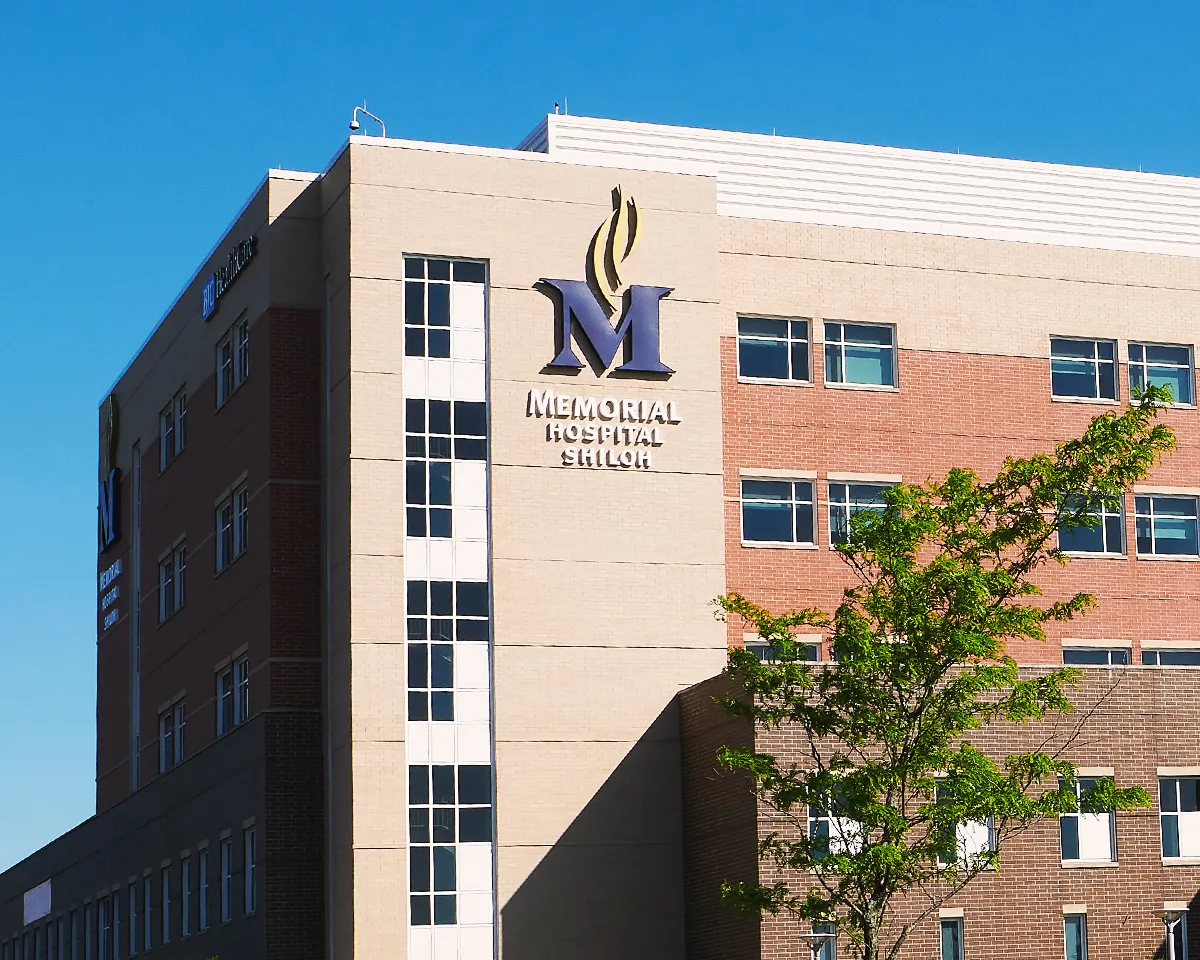 Memorial Hospital Shiloh
Memorial Hospital Shiloh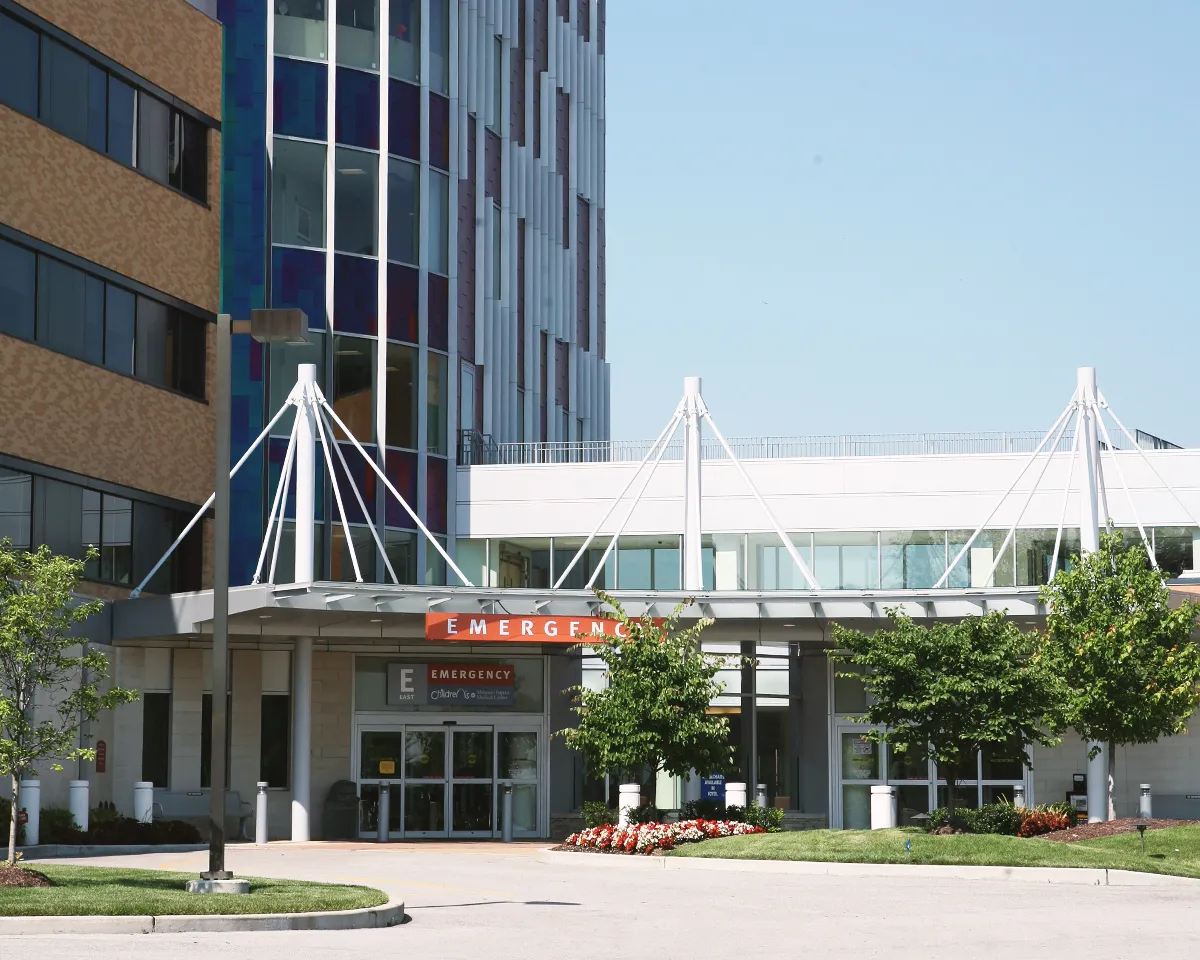 Missouri Baptist Medical Center
Missouri Baptist Medical Center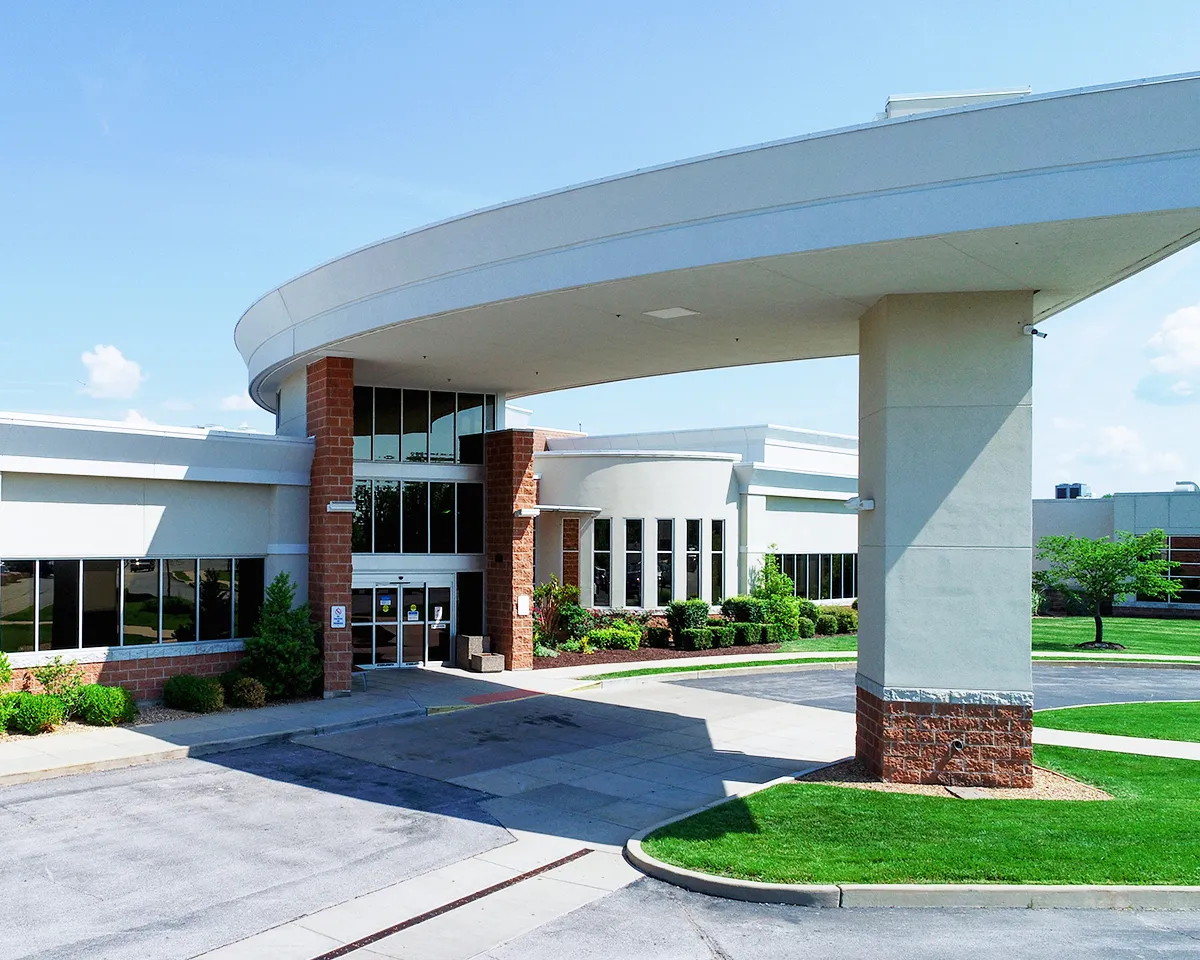 Missouri Baptist Sullivan Hospital
Missouri Baptist Sullivan Hospital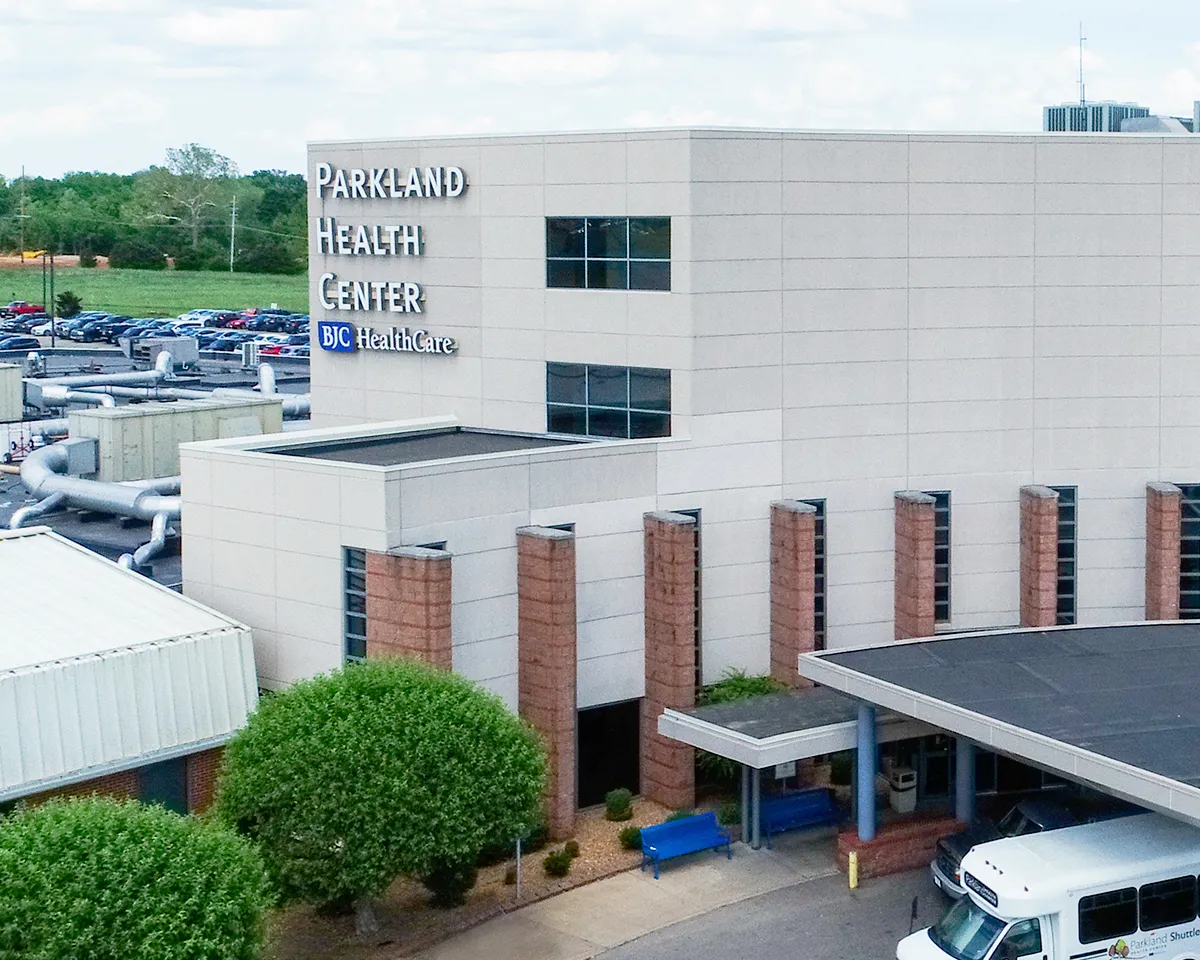 Parkland Health Center
Parkland Health Center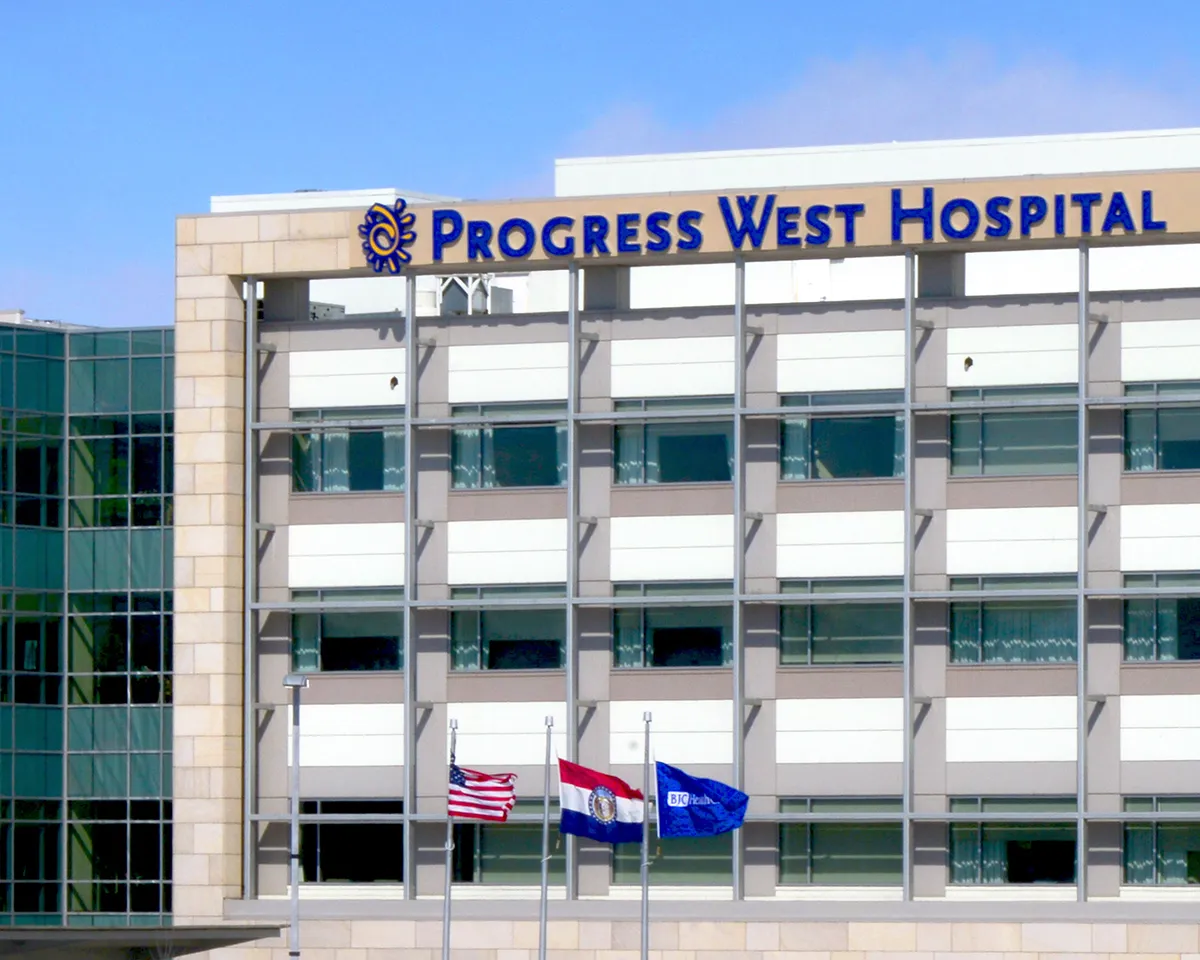 Progress West Hospital
Progress West Hospital
Schedule your appointment
Call (314) 362-9355 or (800) 392-0936 to schedule your appointment with a specialist.